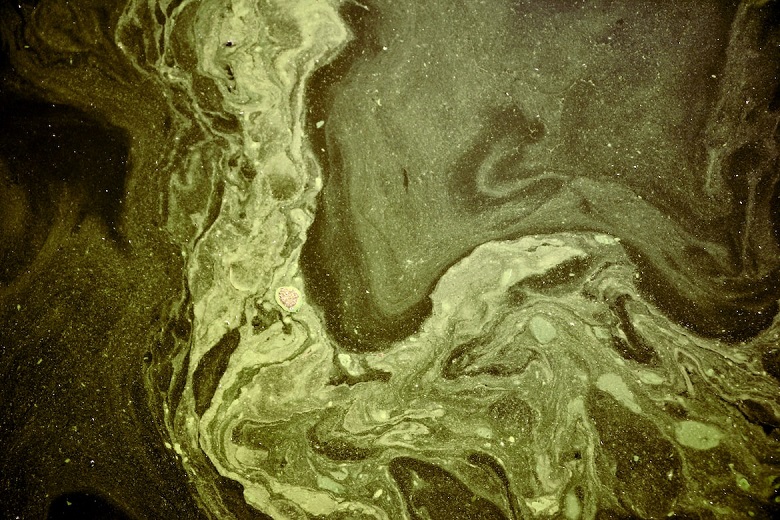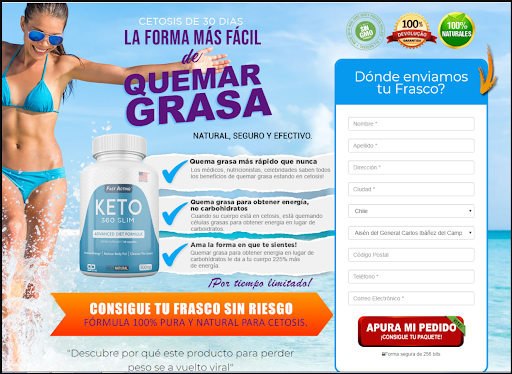Advocacy And The Fight For Clean Water In US

Access to clean and safe water is a fundamental human right, and it is unacceptable that many communities in the United States still struggle to access this basic necessity. Despite being one of the wealthiest nations in the world, many areas in the US still face issues of contaminated water sources, water scarcity, and inadequate infrastructure.
This has impacted public health, the environment, and the local economy. However, fighting for clean water doesn’t have to be a losing battle.
Activism and advocacy are crucial in bringing attention to the issue and advocating positive change. This article will explore the importance of clean water in the US, the country’s challenges, and the power of activism and advocacy in driving change toward a future where everyone can access clean water.
The State Of Clean Water In The US
The state of clean water in the US is a complex and concerning issue, with many communities still facing challenges of contaminated water sources, water scarcity, and inadequate infrastructure.
According to the Environmental Protection Agency (EPA), over 100,000 public water systems in the US serve nearly 330 million people. However, not all of these systems are up to the standards set by the EPA, leading to contamination and other water-related problems.
In some communities, contaminated water sources have led to serious public health concerns, such as elevated lead levels and other toxic substances. For example, Baltimore recently witnessed e-coli in the tap water, and the city asked the residents to boil or throw away previously stored water.
Furthermore, the issue has aggravated to such an extent that ABC news compiled information on all the states running out of clean water in a visual map to bring attention to this crisis.
In other areas, water scarcity has become a major issue, leading to drought conditions and decreased access to water for drinking, agriculture, and industry. In addition to these problems, many communities face inadequate infrastructure, including aging water systems and pipelines, which can lead to leaks, spills, and other water-related incidents.
The state of clean water in the US is further complicated by the unequal distribution of resources and services, with low-income and marginalized communities often being hit the hardest by these problems. This has resulted in a dire need for activism and advocacy to bring attention to the issue and advocate for positive change.
The Power Of Activism And Advocacy
Activism and advocacy are powerful tools in the fight for clean water. Individuals and communities can work towards a future where everyone can access safe and clean water by raising awareness, rallying support, and advocating for positive change.
A notable example of the impact of activism and advocacy is the Camp Lejeune water crisis, which saw hundreds of thousands of military personnel and their families exposed to toxic chemicals in the drinking water. After decades of activism and advocacy by affected individuals and families, they are now filing lawsuits for the innumerable damages caused by the government.
Suppose you have been affected by the contaminated water and have suffered a serious medical problem. In that case, you may be eligible to participate in a class action lawsuit with Camp Lejeune water contamination settlement amounts reaching billions of dollars in payout for more than 14,000 participants who have already filed their suits. It is a testament to the power of activism and advocacy in driving change and achieving justice for those impacted by contaminated water.
It is recommended to meet with an attorney who specializes in such cases and can help determine the best course of action. The voice and support of the community are crucial in the fight for clean water and justice for those affected by contaminated water.
The Roles And Responsibilities Of Society.
The management of water resources is a shared responsibility between communities and the government. Both play critical roles in ensuring access to clean and safe water for all.
Communities are responsible for taking an active role in managing their water resources. This can include participating in local initiatives and advocacy campaigns, monitoring the quality of their water sources, and engaging in conservation efforts.
The government also has a significant role to play in the management of water resources. This includes setting and enforcing regulations and standards for water quality, investing in water infrastructure, and providing water conservation and management resources. The government is also responsible for ensuring that all communities have access to clean and safe water, regardless of their location or income.
In addition to these responsibilities, the government also plays a critical role in addressing water-related emergencies, such as water shortages and contamination incidents. This includes responding to natural disasters and other events impacting water quality and availability and supporting communities in need.
Conclusion
In conclusion, access to clean and safe water is a fundamental human right and a critical issue in the US. Despite the many challenges communities face, the power of activism and advocacy remains a key tool in the fight for clean water.
By taking action, individuals and communities can make a difference in their own lives and the lives of others, and by working with the government, they can help ensure that everyone has access to clean and safe water.
The state of clean water in the US is a complex issue, with many communities facing challenges of contaminated water sources, water scarcity, and inadequate infrastructure. However, with the right resources, regulations, and investment, these problems can be addressed and overcome.
As one continues to fight for clean water, it is important to remember that access to clean and safe water is a human right and that we all have a role to play in making it a reality. Whether through activism and advocacy or by working with the government, we can ensure that everyone has access to clean and safe water, now and in the future.











